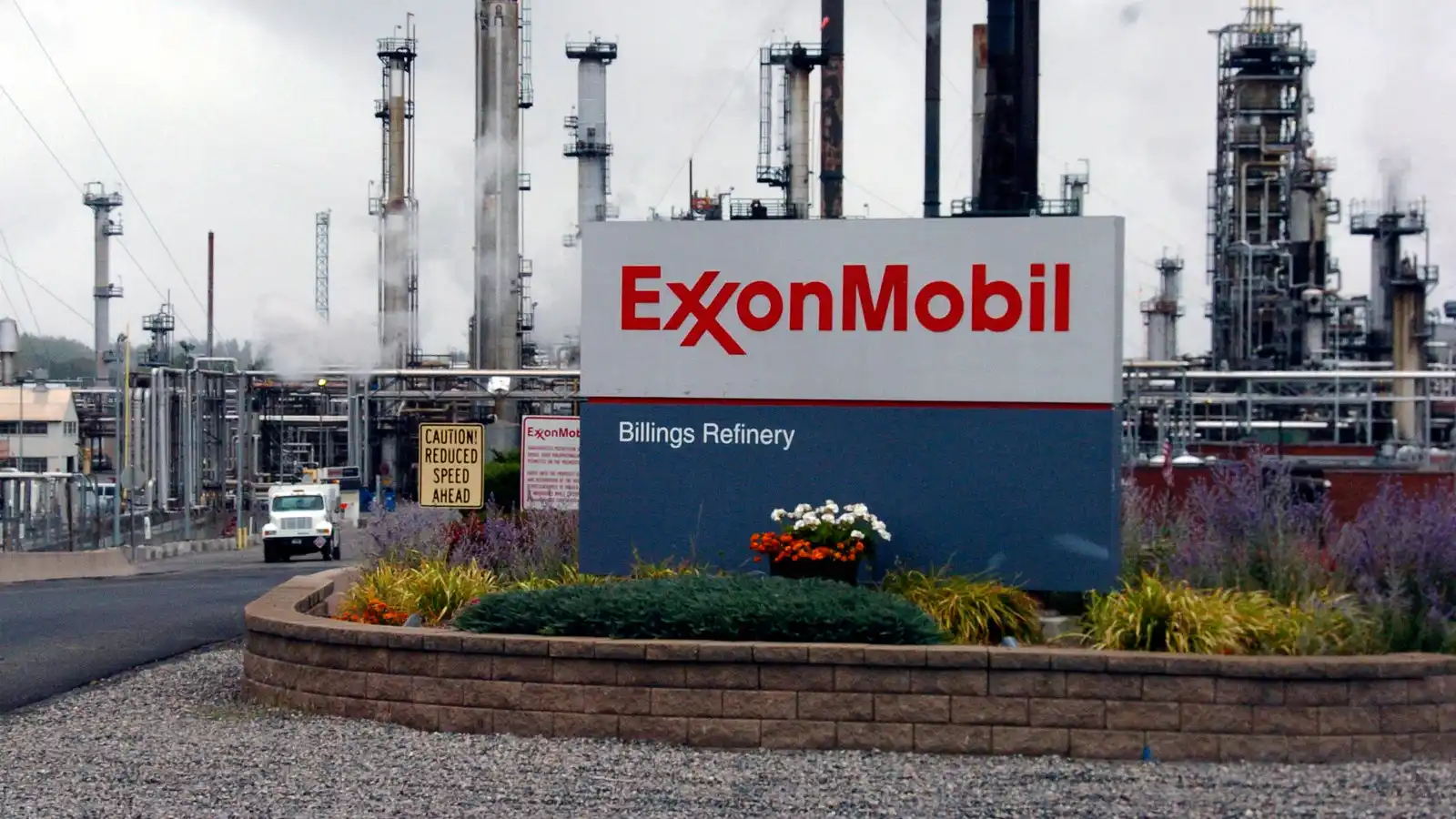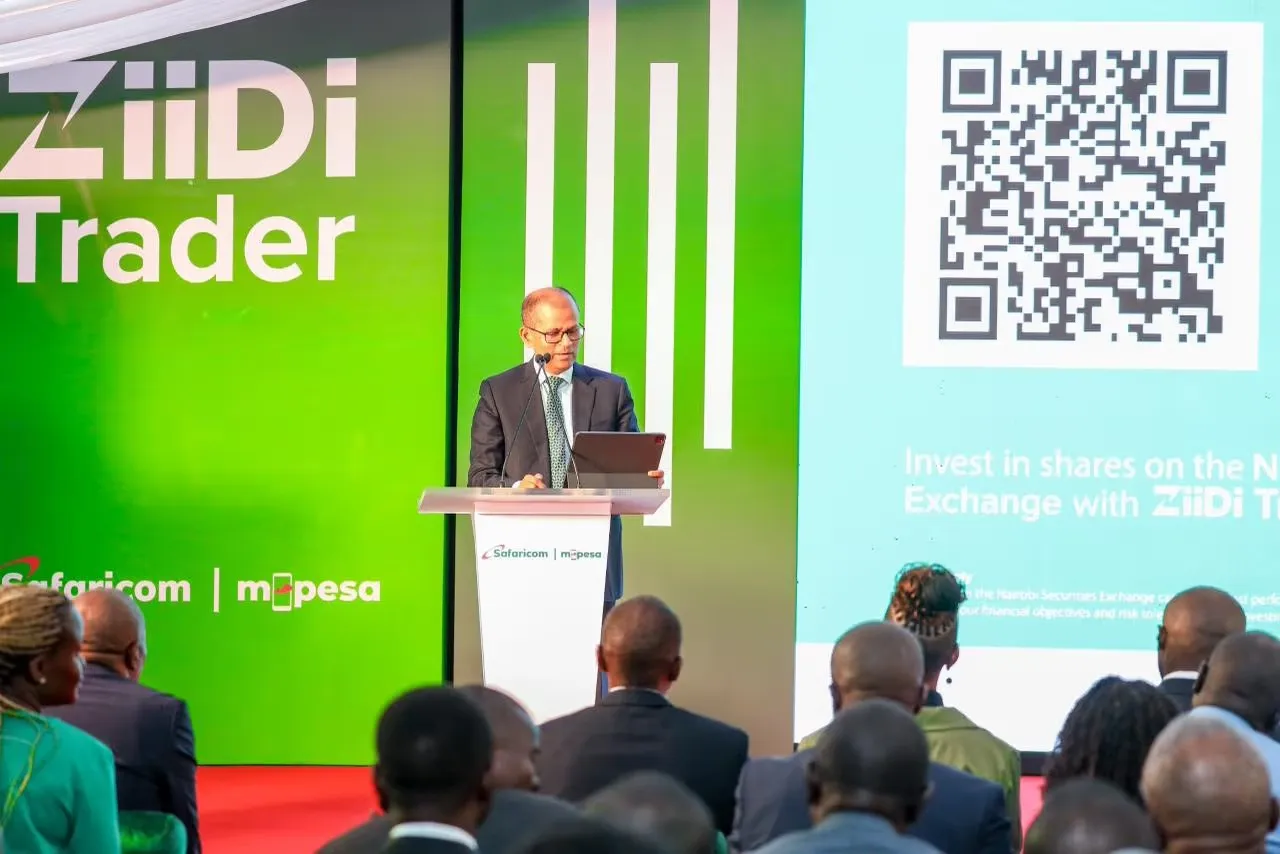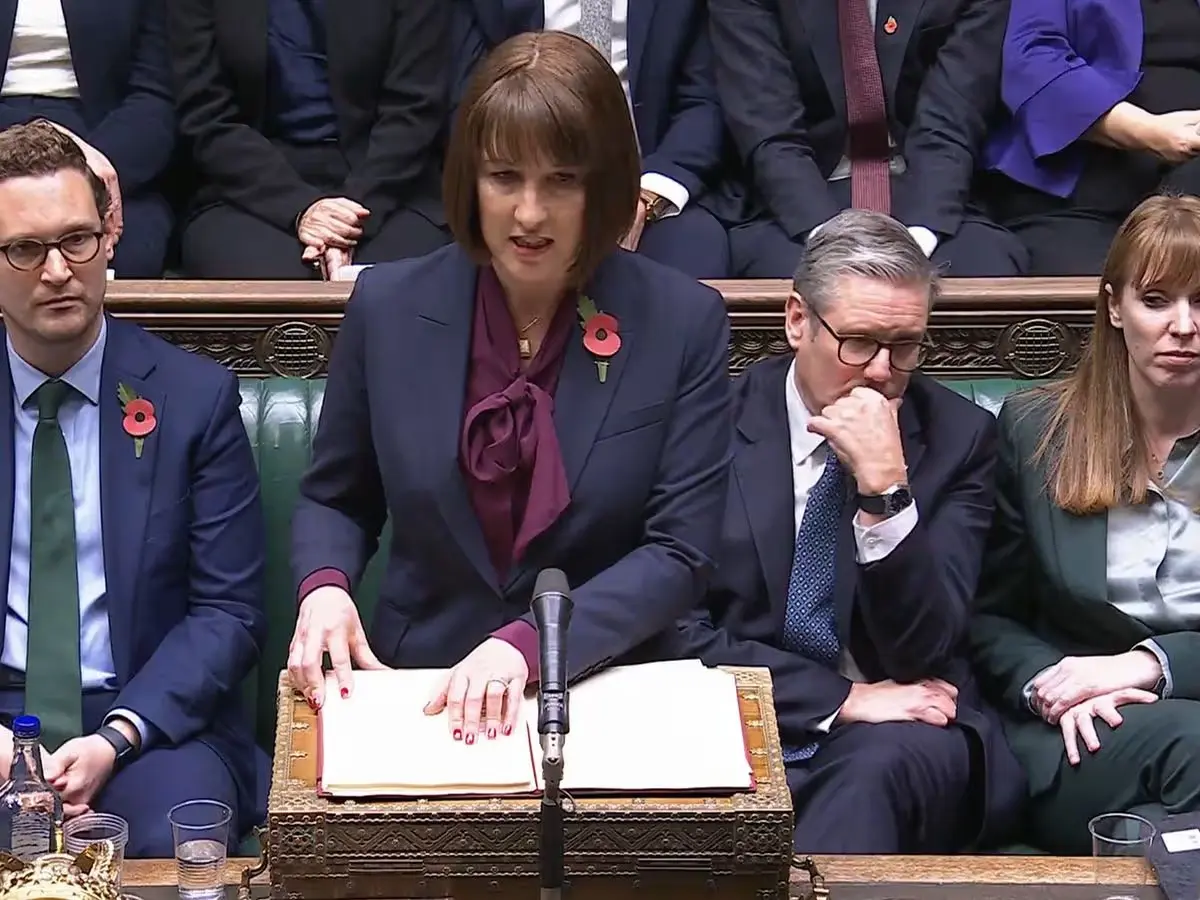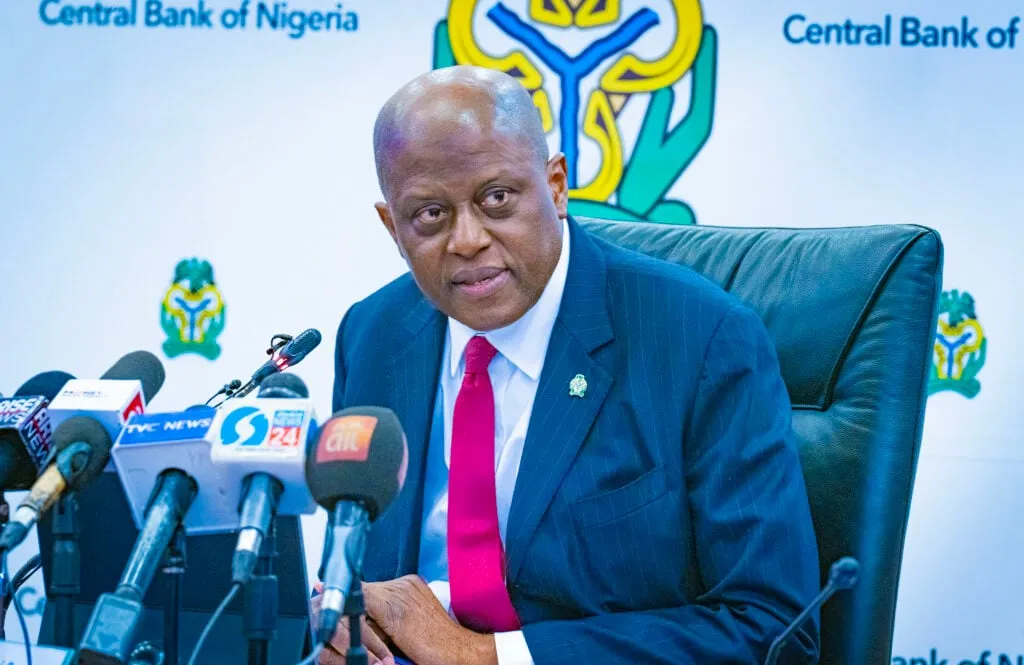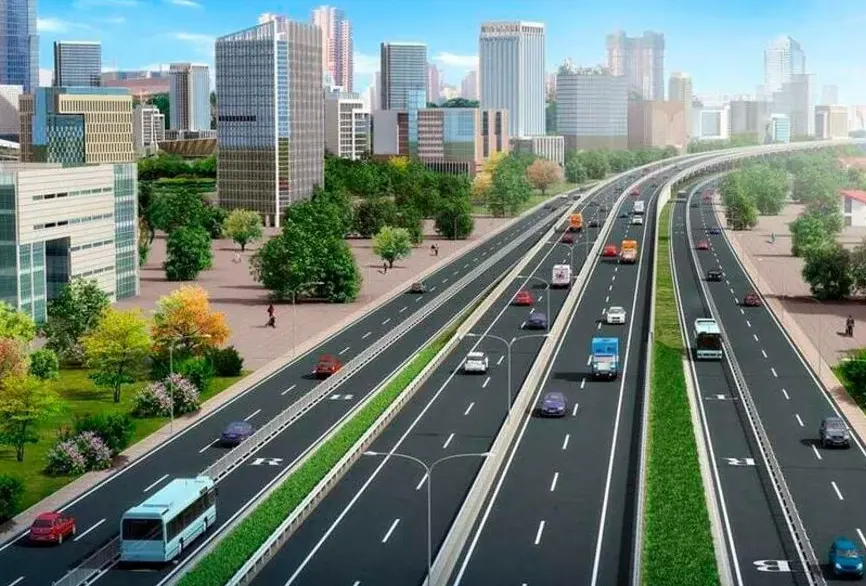In a move set to bolster Angola’s economic future and solidify its position as a leading African oil producer, a formidable consortium led by American multinational energy giant ExxonMobil has officially signed a production sharing contract (PSC) extension for Block 17, one of Angola’s most prolific and strategically important offshore assets. This critical agreement, involving operator TotalEnergies, Equinor, Azule Energy, and state-owned Sonangol, signals a renewed commitment to unlocking continued value from Angola’s vast hydrocarbon resources.
Block 17, located approximately 135-150 kilometers off the Angolan coast in deep waters ranging from 600 to 1,400 meters, has been aptly dubbed the “Golden Block” due to its exceptional productivity. It is home to world-class developments such as Dalia and CLOV, fields that have collectively produced nearly 3 billion barrels of oil since 2001. This block has been a cornerstone of Angola’s oil output for over two decades, consistently contributing a substantial portion of the nation’s daily production. The extension of this PSC is not just a regulatory formality; it’s a strategic imperative that ensures existing infrastructure and invaluable expertise continue to generate immense value for Angola, reinforcing the significance of mature fields in driving sustained production and attracting further critical investment.
Angola’s Enduring Oil Legacy: A Nation Forged in Black Gold
Angola’s journey as an oil-producing nation began in 1955, and since then, oil has unequivocally been the lifeblood of its economy. For decades, it has stood as one of sub-Saharan Africa’s largest oil producers, with the sector accounting for an astonishing 90% of its export revenues and roughly one-third of its Gross Domestic Product (GDP). At its peak in 2008 and 2010, Angola’s crude oil production soared to nearly 1.9 million barrels per day (bpd). This immense wealth has fueled significant development, from urban expansion in Luanda to investments in education and public health, albeit with the inherent challenges of oil dependency.
However, in recent years, Angola has grappled with a steady decline in oil production, reaching approximately 1.13 million bpd in late 2023, a significant drop from its historical highs. This decline, coupled with the volatility of global oil prices, has exposed deep economic vulnerabilities, including high public debt, rising inflation, and persistent poverty levels affecting over a third of its population. The government, acutely aware of these challenges, has implemented a series of reforms aimed at revitalizing the sector, attracting foreign investment, and crucially, reversing the production decline.
The signing of this PSC extension for Block 17 marks a major milestone in Angola’s ongoing efforts to sustain oil production above the critical one million barrels per day threshold. This target is not merely a number on a spreadsheet; it represents a commitment to economic stability, the funding of social programs, and the creation of opportunities for Angolan citizens. Without maintaining robust production levels, the national budget, heavily reliant on oil revenues, would face severe strain, impacting everything from healthcare provisions to infrastructure development.
Block 17: The Golden Block’s Enduring Allure
Block 17’s longevity and consistent performance are remarkable in the often-volatile world of offshore oil. Its success can be attributed to several factors:
- Vast Reserves: The block boasts significant recoverable petroleum reserves, with over 1 billion barrels yet to be produced even after decades of extraction.
- World-Class Developments: The field developments within Block 17, such as Girassol (started 2001), Dalia (started 2006), Pazflor (started 2011), and CLOV (started 2014), are prime examples of deepwater engineering marvels. These projects utilize state-of-the-art Floating Production, Storage, and Offloading (FPSO) units, which are essentially self-contained offshore oil facilities that process, store, and offload crude oil. For instance, the Dalia FPSO alone is capable of processing 240,000 bpd and storing 2 million barrels of oil.
- Technological Innovation: The partners in Block 17 have consistently deployed advanced technologies to maximize recovery. This includes extensive subsea production systems with hundreds of wells (Dalia, for example, has 34 production wells, 30 water injection wells, and 3 gas injection wells), and the continuous study and implementation of “brownfield projects” to extend the life of existing fields. Brownfield projects refer to the development of existing oil fields rather than discovering new ones, focusing on enhancing recovery from mature assets.
The extension signals that the consortium believes there is still substantial oil to be extracted efficiently and profitably from this asset. It reinforces the significance of mature fields, demonstrating that with strategic investment and the application of cutting-edge technology, legacy assets can continue to be highly productive and attractive for operators.
The Power of Partnership: A Collaborative Success Story
The consortium operating Block 17 is a testament to successful international collaboration in the complex offshore oil industry.
- TotalEnergies (Operator): The French energy major has built a legacy of operational excellence in Angola, being the country’s leading oil operator and managing several offshore blocks. Its deep expertise in deepwater exploration and production has been instrumental in the success of Block 17. TotalEnergies also actively pursues a multi-energy strategy in Angola, including gas and solar projects, demonstrating a forward-thinking approach amidst the global energy transition.
- ExxonMobil: As a global energy powerhouse, ExxonMobil brings unparalleled technical expertise, financial strength, and a long-term strategic vision to the partnership. Under the leadership of Katrina Fisher, Managing Director of ExxonMobil Angola, the company has demonstrated a forward-looking approach, aligning with Angola’s national priorities to maintain and increase oil production. ExxonMobil’s commitment extends beyond Block 17, with significant frontier exploration activities in the Namibe Basin.
- Equinor: The Norwegian energy company holds a significant equity interest in Block 17 (22.1635%) and contributes valuable experience in offshore operations, particularly from its North Sea legacy.
- Azule Energy: This joint venture between BP and Eni represents a consolidation of major players’ interests in Angola, pooling resources and expertise. Azule Energy is also a significant operator in other Angolan blocks, such as Block 15/06 (Agogo field).
- Sonangol: As Angola’s state-owned national oil company and the concessionaire for the block, Sonangol plays a crucial role. It ensures that the operations align with national development goals and that Angola retains a direct stake in the value generated from its natural resources. As part of a previous extension in 2019, Sonangol obtained an initial 5% interest in Block 17, with an additional 5% slated for 2036, further deepening local participation.
This collaborative model is essential for long-term sectoral growth and investment stability, creating a robust framework that can navigate technical complexities and market fluctuations.
Maximizing Existing Resources: The Role of Advanced Technologies
The African Energy Chamber (AEC) emphasized that this agreement signifies a clear commitment by ExxonMobil and its partners to maximizing existing resources while deploying advanced technologies to enhance recovery. But what exactly does “advanced technologies to enhance recovery” mean in the context of deepwater oil fields?
Enhanced Oil Recovery (EOR) techniques are crucial for extending the life of mature fields. While conventional methods typically recover only 30-40% of the oil in a reservoir, EOR can significantly increase this percentage. In deepwater offshore environments like Block 17, common EOR methods include:
- Gas Injection EOR: This is one of the most popular types, where gases such as natural gas (often produced from the same field, then re-injected), CO2, or nitrogen are injected into the reservoir. This maintains or increases reservoir pressure, thins the oil, and displaces it towards the production wells. This process can also offer an avenue for carbon capture and storage (CCS) if CO2 is used.
- Waterflooding/Polymer Flooding: Water is injected into the reservoir to push the oil towards production wells. In polymer flooding, polymers are added to the injected water to increase its viscosity, making it more efficient at sweeping oil through the porous rock.
- Smart Wells and Digitalization: Modern deepwater fields utilize “smart wells” equipped with downhole sensors and valves that allow operators to monitor and control production in real-time from onshore control centers. This data-driven approach, often leveraging AI-driven analytics, allows for optimized reservoir management, proactive maintenance, and highly targeted interventions to maximize recovery.
- Subsea Tie-backs: New discoveries or smaller satellite fields can be tied back to existing FPSOs, leveraging the established processing and export infrastructure. This reduces development costs and accelerates time to first oil, extending the economic life of the main hub. For example, TotalEnergies has used this approach with the Begonia field tying back to the Pazflor FPSO.
By continuously investing in and implementing these sophisticated technologies, the consortium can unlock more of the “more than 1 billion barrels yet to be produced” from Block 17, transforming what might otherwise be declining assets into sustainable production hubs.
Economic Ripple Effects: Beyond Barrels Per Day
NJ Ayuk, Executive Chairman of the African Energy Chamber, powerfully stated, “It is a critical step in reinforcing Angola’s position as a top-tier African oil producer and ensuring continued economic benefit for its people.” This humanization of the oil industry’s impact is crucial. While the headlines focus on barrels and billions, the real story lies in how these figures translate into tangible improvements in the lives of ordinary Angolans.
The revenues generated from Angola’s oil sector are pivotal for its national budget, funding essential public services, infrastructure projects, and social welfare programs. For instance:
- Healthcare and Education: Oil revenues enable the construction of hospitals, clinics, and schools, improving access to vital services for a population where significant percentages still live below the poverty line.
- Infrastructure Development: Roads, ports, and power plants, vital for economic diversification and improving living standards, often rely heavily on state funding derived from oil.
- Job Creation: While the direct employment in the oil sector itself might be relatively small (around 5.57% of total employment in 2023, including oil and gas), the indirect and induced employment across the supply chain—from local service providers, logistics companies, and construction firms to support industries—is substantial. The “Angolanization” initiative, for instance, prioritizes local service providers in oil and gas contracts, fostering a more inclusive energy market.
- Economic Diversification Efforts: Recognizing the risks of over-reliance on a single commodity, Angola is actively pursuing economic diversification. The strategic use of oil revenues to invest in non-oil sectors like agriculture, manufacturing, and renewable energy is crucial for long-term stability and job creation. Initiatives like the ‘Kwenda’ cash transfer program aim to mitigate the economic impacts of reforms like fuel subsidy adjustments, providing direct support to vulnerable households.
However, the “resource curse” remains a real concern for many oil-rich nations. Angola faces challenges like high youth unemployment (52.9%) and income inequality, underscoring the need for transparent governance, effective revenue management, and continued investment in human capital development to ensure the benefits of oil wealth are broadly shared. This PSC extension provides vital revenue streams that, if managed prudently, can accelerate these diversification and social development efforts.
A Dual-Track Strategy: Sustaining Today, Discovering Tomorrow
Beyond the immediate boost from Block 17, ExxonMobil’s broader strategy in Angola is a fascinating “dual-track approach,” as highlighted by Katrina Fisher. This involves:
- Sustaining Mature Fields: Optimizing production from existing, proven assets like Block 17. This includes applying EOR techniques, maintaining infrastructure, and focusing on incremental production initiatives. The Likember-01 discovery and the Bavuca Sul-1 well in Block 15, for example, underscore the value of applying innovative technologies to legacy assets.
- Pursuing New Discoveries: Actively exploring frontier basins to identify entirely new oil and gas reserves. ExxonMobil’s work in the Namibe Basin, including frontier exploration across Blocks 30, 44, and 45, exemplifies this commitment. While the Arcturus-1 wildcat in Block 30 last year was unsuccessful, the continuous pursuit of new prospects is vital for the long-term future of Angola’s oil industry. The Namibe-Benguela, Etosha-Okavango, and Kassanje basins are at the forefront of Angola’s frontier exploration efforts.
This balanced approach strengthens Angola’s upstream landscape, ensures resilience amid global energy transitions, and positions the country for sustained oil and gas production well into the future. It’s a pragmatic recognition that while the world moves towards cleaner energy, oil and gas will remain critical components of the global energy mix for decades to come, especially for developing nations reliant on their resources for economic growth.
Navigating the Global Energy Transition
The phrase “ensures resilience amid global energy transitions” is a key one. The global push towards decarbonization and renewable energy sources presents both challenges and opportunities for oil-dependent nations like Angola.
- Challenges: Decreased global demand for oil in the long term, reduced investment in fossil fuel projects, and increased pressure to diversify away from hydrocarbons. Angola’s recent departure from OPEC in January 2024, following disagreements over production quotas, reflects a desire for greater flexibility in managing its oil output in response to global market dynamics.
- Opportunities: The transition also presents opportunities for Angola to leverage its oil revenues to invest in its vast renewable energy potential, particularly hydropower and solar. The country aims to increase its generation capacity to 6.3 GW through new hydro and solar projects. Furthermore, natural gas, often seen as a “transition fuel,” can play a significant role. Angola’s first non-associated gas projects (Quiluma and Maboqueiro) are set to supply the Angola LNG plant, improving LNG production capacity and providing domestic gas for industrial development.
The PSC extension for Block 17 therefore isn’t just about maximizing oil; it’s about providing the financial stability and resources needed for Angola to strategically navigate this complex energy transition, investing in a diversified and sustainable future.
The African Energy Chamber: Championing an African-Led Energy Future
NJ Ayuk’s statements, “The AEC stands firmly in support of this agreement extension,” and “The AEC remains dedicated to championing policies and partnerships that enable energy independence, maximise resource value and foster inclusive development across the African continent,” highlight the crucial role of the African Energy Chamber.
The AEC, founded in 2018, acts as the voice of the African energy sector. Its mission is to promote sustainable investments and best practices, and to eradicate energy poverty by 2030. The Chamber advocates for policies that:
- Maximize Value: Ensuring African nations derive maximum economic benefit from their natural resources.
- Foster Local Content: Promoting local participation, skill development, and job creation within the energy sector.
- Attract Investment: Creating an attractive and stable regulatory environment for international and local investors.
- Enable Energy Independence: Supporting the continent’s ability to meet its own energy needs and become a global energy player.
The AEC’s support for the Block 17 extension is consistent with its advocacy for optimizing legacy assets and reinvesting in mature fields to sustain production and generate revenue for African economies. They also champion frontier exploration and gas monetization as key pathways to long-term energy security and economic growth across the continent. Events like the annual African Energy Week (AEW) serve as crucial platforms for stakeholders to discuss these issues and forge partnerships.
Conclusion: A Future Forged in Collaboration and Resilience
The extension of the Production Sharing Contract for Angola’s Block 17 represents a pivotal moment for the nation’s energy sector. It is a resounding affirmation of the enduring value of its deepwater assets and a testament to the collaborative spirit between international energy majors and the Angolan government. For the people of Angola, it means sustained revenue streams that can be channeled into vital social programs, infrastructure development, and ambitious economic diversification efforts.
The consortium’s commitment to deploying advanced technologies, maintaining a dual-track strategy of optimizing mature fields while exploring new frontiers, and navigating the global energy transition with pragmatism, positions Angola for a resilient and prosperous energy future. As the world evolves, agreements like this underscore that oil and gas will continue to play an indispensable role in powering development, creating jobs, and improving lives, particularly in resource-rich African nations committed to harnessing their natural wealth responsibly. The Golden Block’s future, secured through this extension, shines brightly, promising continued contributions to Angola’s growth and the well-being of its citizens.
Ready to take your career to the next level? Join our dynamic courses: ACCA, HESI A2, ATI TEAS 7 , HESI EXIT , NCLEX – RN and NCLEX – PN, Financial Literacy!🌟 Dive into a world of opportunities and empower yourself for success. Explore more at Serrari Ed and start your exciting journey today! ✨
photo source: Google
By: Montel Kamau
Serrari Financial Analyst
13th June, 2025
Article, Financial and News Disclaimer
The Value of a Financial Advisor
While this article offers valuable insights, it is essential to recognize that personal finance can be highly complex and unique to each individual. A financial advisor provides professional expertise and personalized guidance to help you make well-informed decisions tailored to your specific circumstances and goals.
Beyond offering knowledge, a financial advisor serves as a trusted partner to help you stay disciplined, avoid common pitfalls, and remain focused on your long-term objectives. Their perspective and experience can complement your own efforts, enhancing your financial well-being and ensuring a more confident approach to managing your finances.
Disclaimer: This article is for informational purposes only and does not constitute financial advice. Readers are encouraged to consult a licensed financial advisor to obtain guidance specific to their financial situation.
Article and News Disclaimer
The information provided on www.serrarigroup.com is for general informational purposes only. While we strive to keep the information up to date and accurate, we make no representations or warranties of any kind, express or implied, about the completeness, accuracy, reliability, suitability, or availability with respect to the website or the information, products, services, or related graphics contained on the website for any purpose. Any reliance you place on such information is therefore strictly at your own risk.
www.serrarigroup.com is not responsible for any errors or omissions, or for the results obtained from the use of this information. All information on the website is provided on an as-is basis, with no guarantee of completeness, accuracy, timeliness, or of the results obtained from the use of this information, and without warranty of any kind, express or implied, including but not limited to warranties of performance, merchantability, and fitness for a particular purpose.
In no event will www.serrarigroup.com be liable to you or anyone else for any decision made or action taken in reliance on the information provided on the website or for any consequential, special, or similar damages, even if advised of the possibility of such damages.
The articles, news, and information presented on www.serrarigroup.com reflect the opinions of the respective authors and contributors and do not necessarily represent the views of the website or its management. Any views or opinions expressed are solely those of the individual authors and do not represent the website's views or opinions as a whole.
The content on www.serrarigroup.com may include links to external websites, which are provided for convenience and informational purposes only. We have no control over the nature, content, and availability of those sites. The inclusion of any links does not necessarily imply a recommendation or endorsement of the views expressed within them.
Every effort is made to keep the website up and running smoothly. However, www.serrarigroup.com takes no responsibility for, and will not be liable for, the website being temporarily unavailable due to technical issues beyond our control.
Please note that laws, regulations, and information can change rapidly, and we advise you to conduct further research and seek professional advice when necessary.
By using www.serrarigroup.com, you agree to this disclaimer and its terms. If you do not agree with this disclaimer, please do not use the website.
www.serrarigroup.com, reserves the right to update, modify, or remove any part of this disclaimer without prior notice. It is your responsibility to review this disclaimer periodically for changes.
Serrari Group 2025












